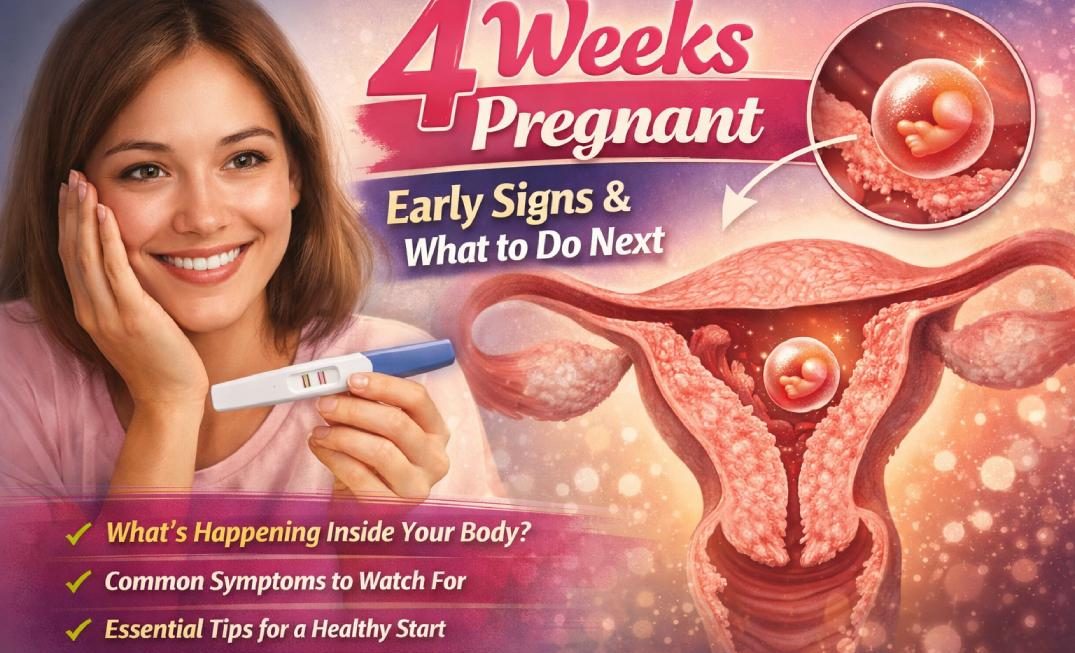Headaches While Pregnant – Pregnancy is a time of joy and anticipation, but it can also bring unexpected challenges, one of which is headaches. These headaches can range from mild discomfort to severe migraines, impacting a pregnant woman’s quality of life. Understanding the causes, treatments, and preventive measures for headaches during pregnancy is essential for managing this common ailment.
Understanding Headaches While Pregnancy
Headaches during pregnancy are a common complaint among expectant mothers. They can occur at any stage but are particularly prevalent during the first and third trimesters. These headaches can be due to various factors, including hormonal changes, increased blood volume, and lifestyle adjustments. For some women, preexisting headache conditions, such as migraines, can be exacerbated by pregnancy. For others, pregnancy might introduce headaches.
Hormonal fluctuations are a significant contributor to headaches during pregnancy. The surge in hormones, particularly estrogen, can affect headache patterns. Additionally, the body’s increased blood volume and changes in circulation can lead to headaches. Other factors include dehydration, stress, poor posture, lack of sleep, and dietary triggers. Understanding these causes can help in developing effective management strategies.
Pregnant women must manage headaches carefully, as some common headache remedies, such as over-the-counter pain medications, may not be safe during pregnancy. Natural remedies, lifestyle changes, and safe medical interventions can offer relief without compromising the health of the mother and baby.
Causes of Headaches During Pregnancy
Hormonal Changes and Headaches
One of the primary causes of headaches during pregnancy is hormonal changes. During pregnancy, the body undergoes significant hormonal fluctuations, especially with increased levels of estrogen and progesterone. These hormonal changes can lead to the dilation and constriction of blood vessels in the brain, resulting in headaches.
Increased Blood Volume
Pregnancy causes an increase in blood volume, which can affect circulation and lead to headaches. This increased blood volume can put pressure on blood vessels, contributing to the frequency and intensity of headaches. Additionally, the increased workload on the heart and changes in blood pressure can trigger headaches.
Dehydration and Headaches
Dehydration is a common cause of headaches during pregnancy. Pregnant women must stay well-hydrated to support the increased blood volume and amniotic fluid. Dehydration can lead to reduced blood flow to the brain, causing headaches. Pregnant women must drink plenty of water throughout the day to prevent dehydration and headaches.
Stress and Tension Headaches
Stress is a significant contributor to headaches during pregnancy. The physical and emotional stress of pregnancy, combined with anxiety about childbirth and parenting, can lead to tension headaches. A dull, aching sensation often characterizes these headaches and can be exacerbated by poor posture and lack of sleep.
Dietary Triggers
Certain foods and beverages can trigger headaches during pregnancy. Common dietary triggers include caffeine, chocolate, aged cheeses, and processed meats. Identifying and avoiding these triggers can help manage headache frequency and severity. It’s also essential to maintain a balanced diet and avoid skipping meals, as low blood sugar levels can also cause headaches.
Treatments for Headaches During Pregnancy
Natural Remedies for Headache Relief
Many pregnant women prefer to use natural remedies to manage headaches. Some effective natural treatments include:
- Hydration: Drinking plenty of water can help alleviate dehydration-related headaches.
- Rest: Taking short naps or resting in a dark, quiet room can reduce headache symptoms.
- Cold Compress: Applying a cold compress to the forehead or neck can help constrict blood vessels and reduce headache pain.
- Massage: Gentle head and neck massages can relieve tension and improve blood circulation, reducing headache severity.
- Aromatherapy: Essential oils like lavender and peppermint can provide headache relief through their calming effects.
Safe Medications for Headache Relief
While many over-the-counter pain medications are not recommended during pregnancy, some medications are considered safe for short-term use. Always consult with a healthcare provider before taking any medication. Some commonly recommended options include:
- Acetaminophen: Generally considered safe for occasional use during pregnancy, acetaminophen can provide relief for mild to moderate headaches.
- Caffeine: In small amounts, caffeine can be effective for treating tension headaches, but it should be used sparingly.
Alternative Therapies
Alternative therapies can also provide relief from headaches during pregnancy. These include:
- Acupuncture: This traditional Chinese medicine technique involves inserting thin needles into specific points on the body to relieve pain and tension.
- Chiropractic Care: Chiropractic adjustments can improve spinal alignment and reduce tension headaches caused by poor posture.
- Biofeedback: This technique teaches patients how to control physiological functions, such as muscle tension and blood pressure, to prevent and manage headaches.
Preventing Headaches During Pregnancy
Maintaining Proper Hydration
Staying hydrated is crucial for preventing headaches during pregnancy. Pregnant women should aim to drink at least eight to ten glasses of water daily. It’s also beneficial to limit caffeine and sugary drinks, which can contribute to dehydration.
Practicing Good Posture
Good posture can help prevent tension headaches. Pregnant women should focus on maintaining proper alignment when sitting, standing, and sleeping. Using supportive pillows and chairs can reduce strain on the neck and back, preventing headaches.
Stress Management Techniques
Managing stress effectively can reduce the frequency and severity of headaches. Some helpful stress management techniques include:
- Yoga and Meditation: These practices can promote relaxation and reduce stress, preventing tension headaches.
- Deep Breathing Exercises: Controlled breathing can calm the mind and reduce physical tension, alleviating headache symptoms.
- Prenatal Massage: Regular massages can relieve muscle tension and improve circulation, reducing headache frequency.
Regular Sleep Patterns
Maintaining regular sleep patterns is essential for preventing headaches. Pregnant women should aim for at least seven to eight hours of sleep each night. Creating a relaxing bedtime routine and avoiding screen time before bed can improve sleep quality and reduce headache risk.
Balanced Diet
Eating a balanced diet can help prevent headaches. Pregnant women should focus on consuming a variety of fruits, vegetables, whole grains, lean proteins, and healthy fats. Regular meals and snacks can maintain stable blood sugar levels, preventing headaches caused by hunger or low blood sugar.
FAQs About Headaches During Pregnancy
Can headaches during pregnancy harm the baby?
In most cases, headaches during pregnancy do not harm the baby. However, severe headaches or migraines, especially when accompanied by other symptoms like vision changes or high blood pressure, may indicate a more serious condition, such as preeclampsia. It’s essential to consult a healthcare provider if headaches are severe or persistent.
What can I do to relieve a headache without medication?
Natural remedies such as hydration, rest, cold compresses, massage, and aromatherapy can provide headache relief without medication. Practicing relaxation techniques and maintaining good posture can also help alleviate headaches.
Are there any foods that can trigger headaches during pregnancy?
Yes, certain foods and beverages can trigger headaches during pregnancy. Common triggers include caffeine, chocolate, aged cheeses, and processed meats. Keeping a food diary can help identify and avoid these triggers.
When should I see a doctor about my pregnancy headaches?
It’s important to see a doctor if you experience severe or persistent headaches, headaches accompanied by vision changes or high blood pressure, or if over-the-counter pain relief and natural remedies are not effective. These symptoms could indicate a more serious condition that requires medical attention.
Is it safe to take acetaminophen for headaches during pregnancy?
Acetaminophen is generally considered safe for occasional use during pregnancy. However, it’s important to consult with a healthcare provider before taking any medication to ensure it is safe for you and your baby.

Headaches during pregnancy are a common but manageable condition. Understanding the causes, exploring safe treatment options, and implementing preventive measures can significantly reduce the frequency and severity of headaches. By maintaining proper hydration, practicing good posture, managing stress, ensuring adequate sleep, and eating a balanced diet, pregnant women can minimize headache discomfort and enjoy a healthier, more comfortable pregnancy. Always consult with a healthcare provider for personalized advice and treatment options to ensure the safety and well-being of both mother and baby.


